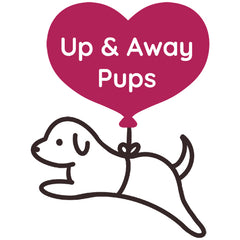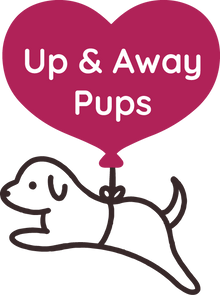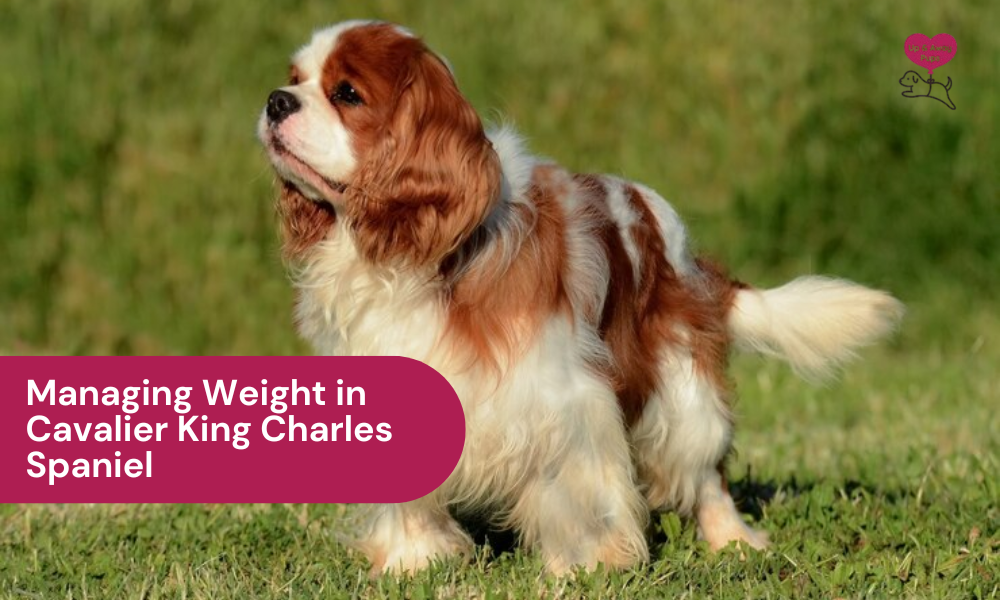Guide to Managing a Fat Cavalier King Charles Spaniel: Is Your Cavalier Overweight?
Overweight Cavalier King Charles Spaniels face health risks like joint pain and heart issues. Learn to identify signs of obesity and manage their weight with balanced diets, regular exercise, and vet checkups to ensure a happy, healthy life for your furry companion.
The adorable, the gentle, the furry, the royalty Cavalier King Charles Spaniels are amazing pets. Their loving and affectionate nature, fluffy bodies, and intelligence make them a very sought-after dog breed. However, many times, as pet parents, we spoil our dogs—whether it be through a lack of exercise, letting them laze away on the couch, or overfeeding them because they make irresistible puppy-dog eyes. Overweight Cavalier King Charles Spaniels can suffer from numerous issues, and it is the responsibility of the owner to keep their weight in check. In this guide, we’ll provide tips on not only managing their weight but also determining if your Cavalier is overweight.
Determining your Dog’s Current Condition
The very first step is determining if your Cavalier King Charles Spaniel is even fat to begin with. An adult Cavalier’s weight is between 13.2 to 17.6 lbs (6 to 8 kg), with the females being around the same or a little lower on the scale. Measuring their weight alone might not tell the full story, though.
Perform a visual and physical test also. Stand over your dog and observe their body structure. Ideally, they shouldn’t be too rounded and should form somewhat of an hourglass shape. A healthy dog’s abdomen should be tucked up when viewed from the side. Also, check for the ribs. You should be able to feel their ribs easily without pressing hard, but they should not be overly prominent either. If you can’t feel their ribs without applying pressure, they may have excess fat.
By nature, these dogs are active, so if your dog has difficulty performing basic movements like climbing stairs or has really low energy levels, that too is a red flag.
These are all home techniques, DIYs if you will. To truly check if the royal Cavalier King fits the stereotype of the fat monarch, visit your trusted veterinarian. A vet can perform a body condition scoring (BCS) test to assess your dog’s weight and overall health accurately.
Managing the Weight of an Obese Cavalier King Charles Spaniel
As cute as fat dogs may look to the human eye, understand that it can cause them severe discomfort, decreasing both the quality and span of their life. Being prone to weight gain can trigger the conditions they are predisposed to, such as joint pain, respiratory, and heart issues. Here are ways to control the weight of your fat Cavalier King Charles Spaniel:
Regular Exercise
Similar to us humans, the biology of dogs (and pretty much all animals for that matter) works similarly. A surefire way of losing weight is burning more calories than we consume. Cavaliers are very playful, but they tend to also be massive couch potatoes. There is nothing wrong with a snuggle session, but try to incorporate some physical activities into their daily lives. Don’t go hiking on the first day; you don’t want to overexert your little friend. Take baby steps—start out with short, brisk walks, play tag, and try other physically taxing games that your dog enjoys.
Also, do keep in mind the current condition of your Cavalier’s age, health, and fitness level. Puppies need exercise, and so do older dogs. It’s a misconception that they do not; however, it must be regulated.
Cutting Down on Carbs and Calories
The very first step to managing the diet of your Cavalier is cutting back on carbs and calories. Commercially available dog food brands are often high in carbs, calories, and grains. Pair that with lenient feeding, and it’s a strategy for gaining weight.
A dog’s diet should be balanced, ideally, but shifting to a low-fat, low-calorie diet during phases of weight loss is fine. Proteins, especially natural protein sources like chicken and fish, are fantastic as they promote weight loss by boosting metabolism and maintaining lean muscle mass. Two meals a day are plenty for a dog that is very active.
Do note that drastic food changes are never recommended. Before making any major dietary changes to your dog’s everyday feed, consider talking to a vet and ensuring the alternative you’re suggesting is sufficient—or have them create a diet plan if it’s not.
Replace Kibble with Low-Calorie Veggies
As mentioned earlier, commercial food options can sometimes be unhealthy, often lacking essential nutrients while being high in calories. Using vegetables as low-calorie alternatives to kibble is a highly recommended approach when managing an obese Cavalier King Charles Spaniel. Vegetables such as green beans, carrots, broccoli, and cucumber are excellent choices as they are rich in fiber, which supports digestion and creates a feeling of fullness. This helps prevent overeating since dogs feel satisfied with smaller portions. Additionally, cucumbers are primarily composed of water, which also helps keep your dog hydrated.
While vegetables cannot fully replace a dog's meals, they can substitute a portion of their regular diet when mixed with lean meats to create a balanced and nutritious meal. Speaking of meat…
Increasing Protein Intake
The weight loss journey isn’t easy, but increasing protein intake can be a game-changer. Protein-rich foods help maintain muscle mass, which is essential for a healthy metabolism. This ensures your little friend loses fat and not muscle during their weight-loss efforts. Additionally, protein promotes a feeling of fullness, which can help prevent overeating. Lean meats like fish and eggs are excellent sources of protein and work wonders for your dog's health. However, it’s important to maintain balance in their diet. For a protein-focused diet to be effective, it must be supplemented with other essential nutrients, portion control, and regular exercise.
Over Treating
Many times, whether during training sessions or simply out of love, pet owners tend to overfeed treats to their dogs. While treats may seem bite-sized to us, they are calorie-dense for dogs. It's essential to limit the frequency of treats or consider switching to healthier options that are lower in calories.
Visiting the Vet
Checkups at the vet are quite important throughout your adorable but overweight King Charles Cavalier’s weight loss journey. Weight gain can be more complex than it appears. While unhealthy eating habits and lack of exercise definitely contribute to weight gain, there could be underlying health issues causing your dog to gain weight. For instance, a health condition might be limiting their ability to be more active. To ensure your dog’s weight loss progression is healthy and safe, make regular visits to the vet.
Establishing a Routine
Just like us, dogs greatly benefit from a consistent feeding schedule. A routine keeps their metabolism active at set times of the day and makes portion control much easier. Pair this with a regular exercise regimen and stick to it to ensure steady progress in their weight management journey.
Conclusion
It is the responsibility of every pet owner to ensure their Cavalier King Charles Spaniel stays healthy. As the old saying goes, health is wealth. Being overweight directly and negatively impacts the quality of life for these precious little dogs. However, this is easily preventable. It is best to maintain some discipline regarding food from puppyhood, but even if your dog is in their teen, adult, or senior phase, they can indeed lose weight and live their remaining lives as fit and happy companions to you.


